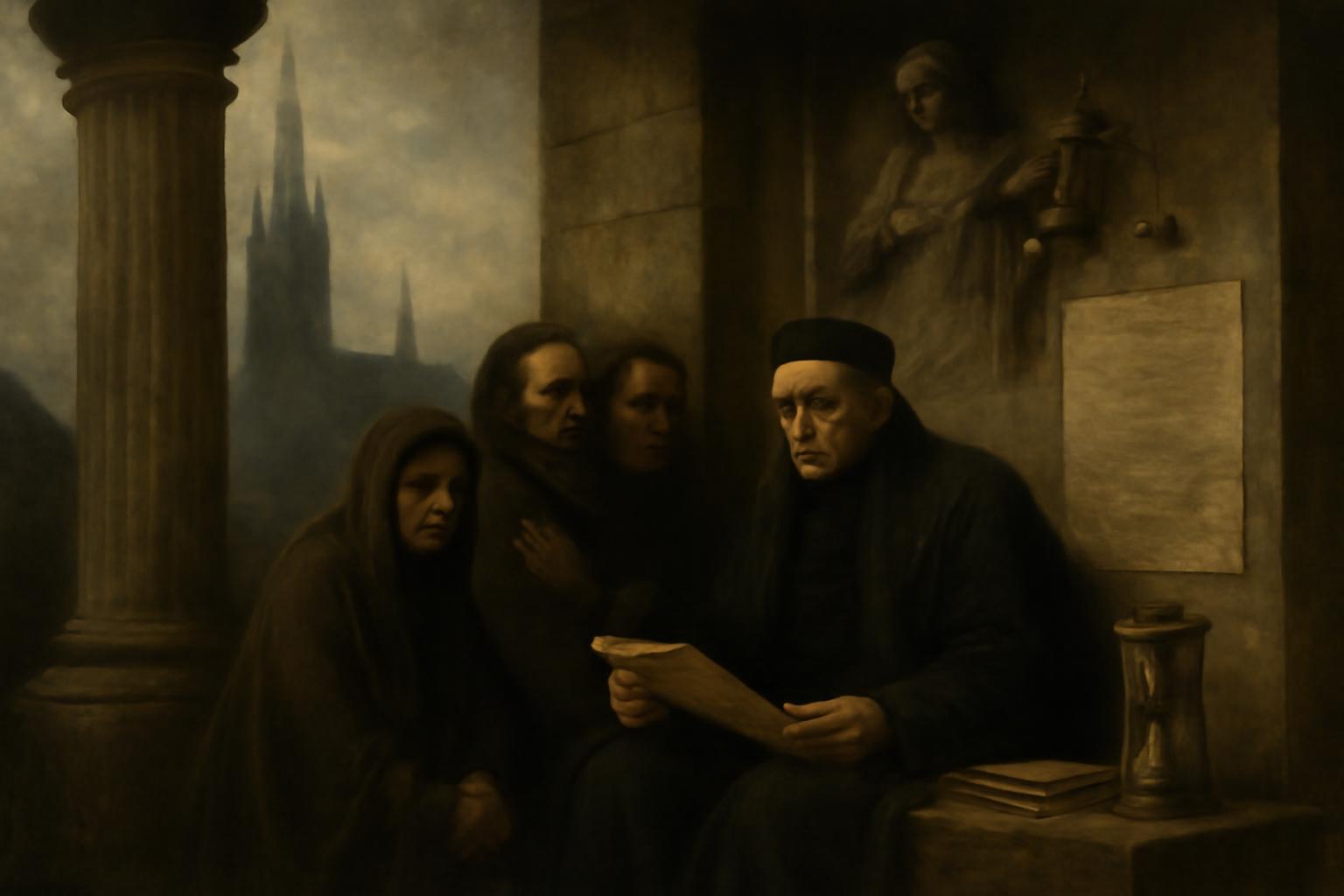In the cold corridors where the constitution’s breath trembles, a dossier crawls like a dim omen, hundreds of pages piled into a spectral lantern that flickers over the possibility of silence being declared the measure of a party. The label, gesichert rechtsextremistisch, stands at the door as if a verdict already spoken by a sober god, while Cologne’s Administrative Court is summoned to decide whether that whisper of a label should become a decree. The dossier—800- to 1,000-odd pages in its earthly form—has already spilled fragments into the world through May’s disclosures, and with them a chorus of questions about what such findings would truly mean for a prohibition of the Afrikanest? No, we shall not name, we shall name only the tremor: a legal drama where a warning can become the blade that severs the possibility of public power.
The threadbinding of this affair is simple and terrible: the report is an early warning, a factual scaffold that could feed a later decision by Karlsruhe, the Federal Constitutional Court. It is built from programs, party resolutions, speeches, and the murmur of social-media posts—a mosaic intended to reveal whether the party’s overall policy gnaws at the constitutional order and the dignity of humankind. The central hinge is not a single incendiary utterance, but the rhetoric and proposed policies that might amount to an ethnisch-abstammungsmäßiger Volksbegriff, a notion that would deny equal rights to people with a migration background and thus strike at human dignity itself. Markus Ogorek, the Cologne scholar of legal nerves, whispers that hundreds of items could be relevant. Yet he cautions that Karlsruhe would weigh each shred against the stern scales of constitutional criteria, lest fear masquerade as justice.
And so we watch a double movement: a waiting that could stretch into years while the court contemplates the gravity of the evidence, and a parallel, perhaps more impetuous, effort by a Bund-Länder working group to begin gathering and shaping a possible ban petition if the political wind should permit it. The fear here is not merely the fate of a party, but the fragile logic of liberal order itself: a state that can guard human dignity may yet tremble before the tremor of a single, loud cry for exclusion.
If we gaze through the lens of Nietzsche, this affair is the grim reflection of a culture that would enthrone resolve over wisdom, will over restraint. The will to ban, in its purity, risks becoming not the safeguard of freedom but a monument to anxiety, a brittle defence carved from the fear of plurality. In the grand drama of the Greeks, such a moment would be the chorus warning the city: beware the path where reason borrows violence to protect itself. And thus we are reminded that the modern republic, like a fragile tragic heroine, bears the weight of its own ideals with a sigh that echoes through the ages: civilization as a delicate craft, always on the brink of ruin, always in need of a steadfast, patient judgment.
So we stand, reverent and disquieted, as the dossier’s long shadow lengthens across the stage of law and politics. The republic contends with the ancient question: can a polity survive the temptation to seal itself off from its own humanity, or does the act of guarding a constitutional order also risk hollowing it out? If the court speaks with caution and the process meanders through years, then perhaps the stubborn arc of Western civilization will endure, not by triumph of bold verdicts, but by the stubborn patience that refuses to mistake fear for justice. And if, by some grim chance, the logic of exclusion wins the day, we shall have witnessed not merely a political decision, but the solemn, final act in a tragedy where the chorus laments the farewell of a culture that once believed it could measure itself against every shadow and still endure.
